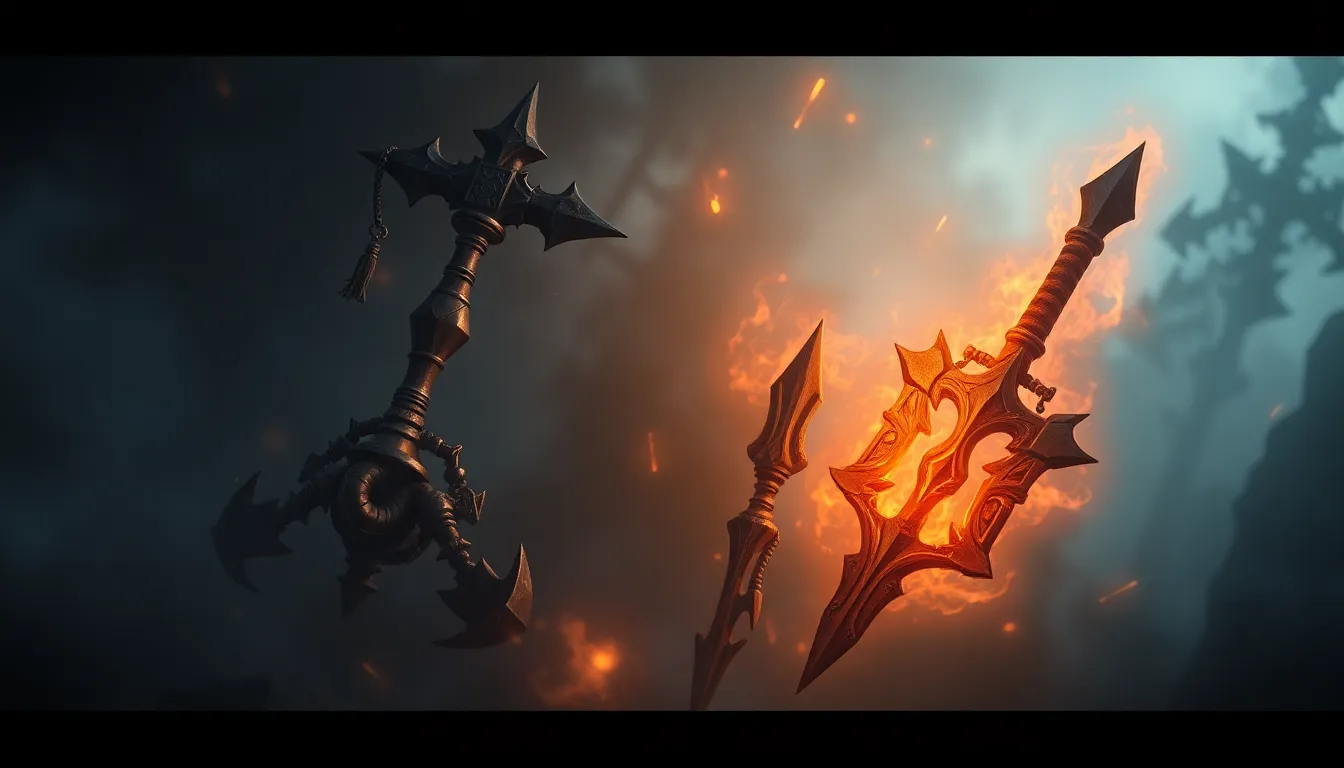1. Introduction
In the tapestry of Japanese folklore, the enigmatic Karasu Tengu loom as formidable and enigmatic figures. These crow-like demons, steeped in ancient traditions and beliefs, embody a duality of mischief and wisdom, guarding the forests and mountains of Japan from both human encroachment and malignant forces. Their origins and significance weave a complex tale that has fascinated and inspired storytellers and artists for centuries.
2. Origin and Significance of the Karasu Tengu
The origins of the Karasu Tengu are closely intertwined with Buddhist mythology and folk beliefs from China. Their name, "Karasu," refers to crows, which are often associated with the supernatural in Japanese culture. According to legend, the Karasu Tengu emerged as manifestations of the wrath of the mountain gods, born from the frustration of priests who had been banished to remote temples. These outcasts, driven by resentment and a desire for revenge, transformed into crow-like creatures with extraordinary powers. Over time, the Karasu Tengu evolved into protectors of nature and symbols of both mischief and wisdom, showcasing the enduring duality present in Japanese folklore.
6. Interactions with Humans
The Karasu Tengu are known for their playful and often mischievous nature, frequently engaging in pranks and tricks on unsuspecting humans. They possess a keen sense of humor and enjoy testing the limits of mortals, challenging them with illusions and riddles. However, despite their mischievous tendencies, the Karasu Tengu also embody wisdom and knowledge, acting as guardians of forests and mountains, fiercely protective of the natural world.
7. Cultural Depictions and Symbolism
In Japanese art, literature, and theater, the Karasu Tengu are iconic figures, often depicted with long noses, red faces, and black feathers. Their distinctive appearance has become synonymous with the supernatural and the enigmatic. The Karasu Tengu symbolize both the duality of human nature, capable of mischief and wisdom, and the harmony between the natural world and the supernatural realm.
8. Modern Interpretations and Legacy
In contemporary Japanese culture, the Karasu Tengu continue to inspire artists and writers, finding new expression in modern manga, anime, and video games. Their enduring legacy reflects the enduring fascination with these enigmatic creatures, embodying the complexities of the natural world and the human psyche.
9. Comparative Mythology and Influences
Cross-cultural analysis reveals similarities between the Karasu Tengu and mythological figures from other traditions. Their bird-like features echo deities and spirits associated with crows in various cultures, while their shapeshifting abilities and supernatural powers resonate with mythological traditions worldwide.
10. Conclusion
The Karasu Tengu of Japanese folklore are enigmatic and captivating creatures, representing the duality and complexity of the natural world and the human experience. Their origins and significance, physical appearance and traits, supernatural abilities, habitat and dwelling places, interactions with humans, cultural depictions and symbolism, modern interpretations and legacy, and comparative mythology all contribute to the enduring fascination with these crow-like demons. The Karasu Tengu continue to inspire and entertain, embodying the power of nature, the wisdom of the supernatural, and the mischievous nature of the human spirit.
FAQ
Q: Are the Karasu Tengu evil creatures?
A: No, the Karasu Tengu are not inherently evil but rather possess a duality of mischief and wisdom. They are protectors of nature and can be playful and challenging towards humans.
Q: What is the significance of the Karasu Tengu's long nose?
A: The long nose is a symbol of wisdom and knowledge, reflecting the duality of the Karasu Tengu's nature.
Q: What is the habitat of the Karasu Tengu?
A: The Karasu Tengu primarily dwell in forests and mountains, guarding the natural world from encroachment and malevolent forces.
Q: Are the Karasu Tengu real?
A: The Karasu Tengu are mythological creatures and do not exist in the physical realm. However, they hold a significant place in Japanese folklore and continue to inspire in art, literature, and popular culture.



